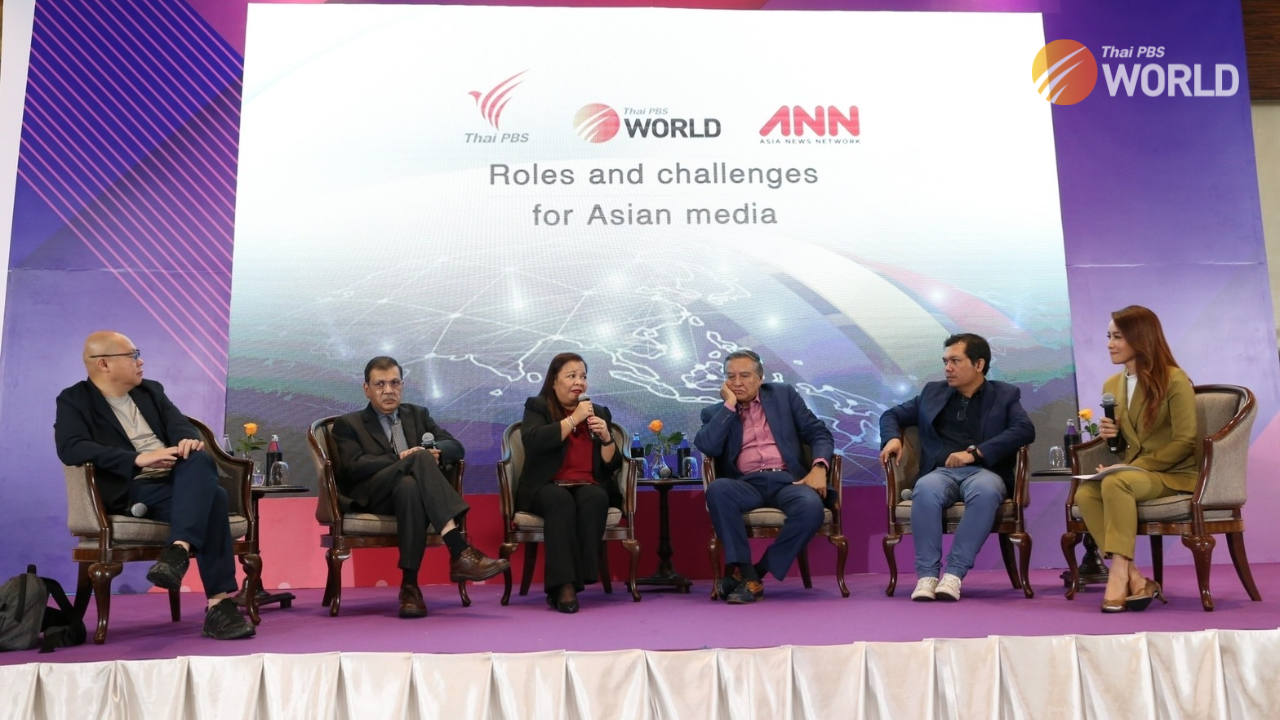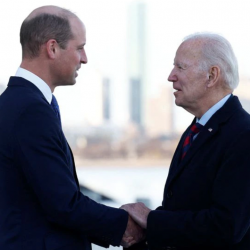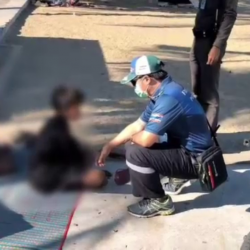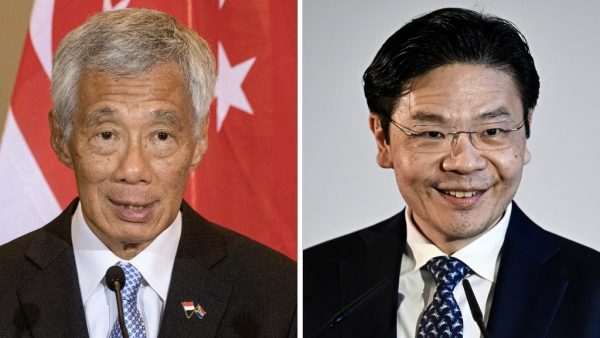Challenges for Asian journalists, leaders

Thai Public Broadcasting Service (PBS) and its English website, Thai PBS World, recently gathered journalists and young political leaders from Asia to discuss the challenges they face and the most pressing issues confronting their countries.
The Asian Media Forum, cohosted by the Asia News Network (ANN), was held right after Bangkok successfully hosted this year’s Asia-Pacific Economic Cooperation (Apec) meeting. World leaders converged in Asia last month for three major events: the Association of Southeast Asian Nations (Asean) summit held in Phnom Penh, Cambodia; the G20 meeting held in Bali, Indonesia; and the Apec summit held in this bustling metropolis.
A common theme that emerged from these global meetings was the economic hardships exacerbated by the Russian invasion of Ukraine, which disrupted the supply of food and fuel for many countries.
At the Asian Media Forum session on the roles and challenges for the Asian media, Thai PBS World director Nattha Komolvadhin asked how citizens appreciated these three events in our respective countries. With me were M. Taufiqurrahman, chief editor, The Jakarta Post, Indonesia; Mahfuz Anam, editor in chief and publisher, The Daily Star, Bangladesh, and chair of ANN; Philip Golingai, digital news editor, The Star, Malaysia; and Ravindra Kumar, editor, The Statesman, India.
Just as our session began, the breaking news came that Malaysian leader Anwar Ibrahim was appointed new prime minister, capping a colorful three-decade career as opposition leader. Panelists commented that the charismatic Anwar would immediately consolidate his party’s hold on power and assert himself not just as a leader of Malaysia but of Asia. There was also an agreement that the G20 meeting in Indonesia affirmed the stature of Indonesian President Joko Widodo as a world leader. As for the Philippines, I shared that President Marcos Jr. made his presence felt during his debut on the world stage as a new kid on the block by issuing strong statements for the implementation of the five-point peace plan in Myanmar and against Russia’s invasion of Ukraine.
On Komolvadhin’s question on the implications of US Vice President Kamala Harris’ visit to the Philippines, particularly in Palawan, I shared that this signaled the restoration of Philippines-US relations that were somehow frayed during former president Rodrigo Duterte’s pivot to China in the past six years. Most importantly, I noted that Harris’ visit to Palawan and her unequivocal statement that the US “stands with the Philippines in the face of intimidation and coercion in the South China Sea” had far-reaching implications on the region’s peace and stability amid China’s aggression.

The media panelists were in agreement that journalism is most affected by the proliferation of fake news on social media and the disruptions in the media industry brought about by the rapid advances in technology. In Asia and elsewhere in the world, newsrooms grapple with revenue and readership issues as people get information mainly from social media.
Anam, the energetic chair of ANN of which the Inquirer is a member, voiced optimism that people will get tired of all the disinformation and return to trusted media brands. He exhorted the media to focus on their bigger role of reporting the truth and safeguarding freedom and democracy worldwide.
The second session brought together young legislators from Asean. The Philippines was ably represented by Kabataan Rep. Raoul Danniel Manuel, who was joined by Puteri Anetta Komarudin of Golkar Party, Indonesia; Parit Wacharasindhu from Move Forward Party, Thailand; and Neth Pheaktra of the Cambodian People’s Party.
Tulip Naksompop Blauw, Thai PBS World editor who moderated the session, led an interesting discussion on what the young leaders expected when they entered politics, how they connect to other generations, and what are the most pressing problems facing their countries.
Manuel spoke about the shrinking democratic space in the Philippines and how to empower people to speak about issues without being Red-tagged or branded as enemy of the state. Manuel shared that jobs and education are the most urgent issues for majority of Filipinos.
Economic recovery from COVID-19 is also the most pressing concern in Cambodia, but also equally important is how to liberate people from the trauma of genocide under the Khmer Rouge, according to Pheaktra.
Komarudin said education, jobs, and economic reforms to address the huge gap between the rich and poor in Indonesia must be addressed. She noted that because of digitization, many Indonesians fall prey to digital loan sharks. In Thailand, Wacharasindhu said important issues revolve around democratization and decentralization to allow local governments more autonomy.
The Thai PBS forum, steered by Thepchai Yong, Thai PBS senior news director, and Pana Janviroj, ANN editor, was an affirmation that amid Asia’s diverse economic and political conditions, our peoples grapple with the same issues of jobs, economic inclusion, and education, and have common aspirations for peace, freedom, and democracy
By Juliet Labog-Javellana, associate publisher of the Philippine Daily Inquirer






